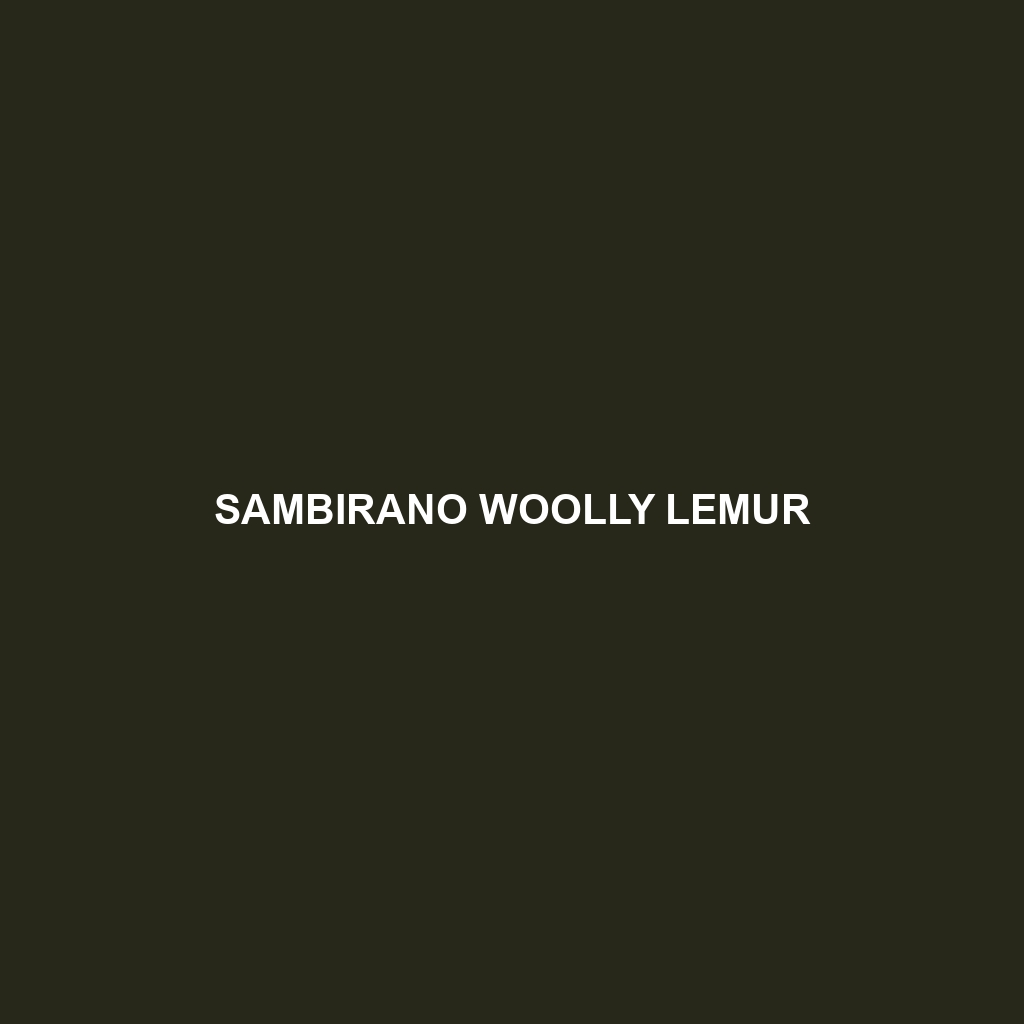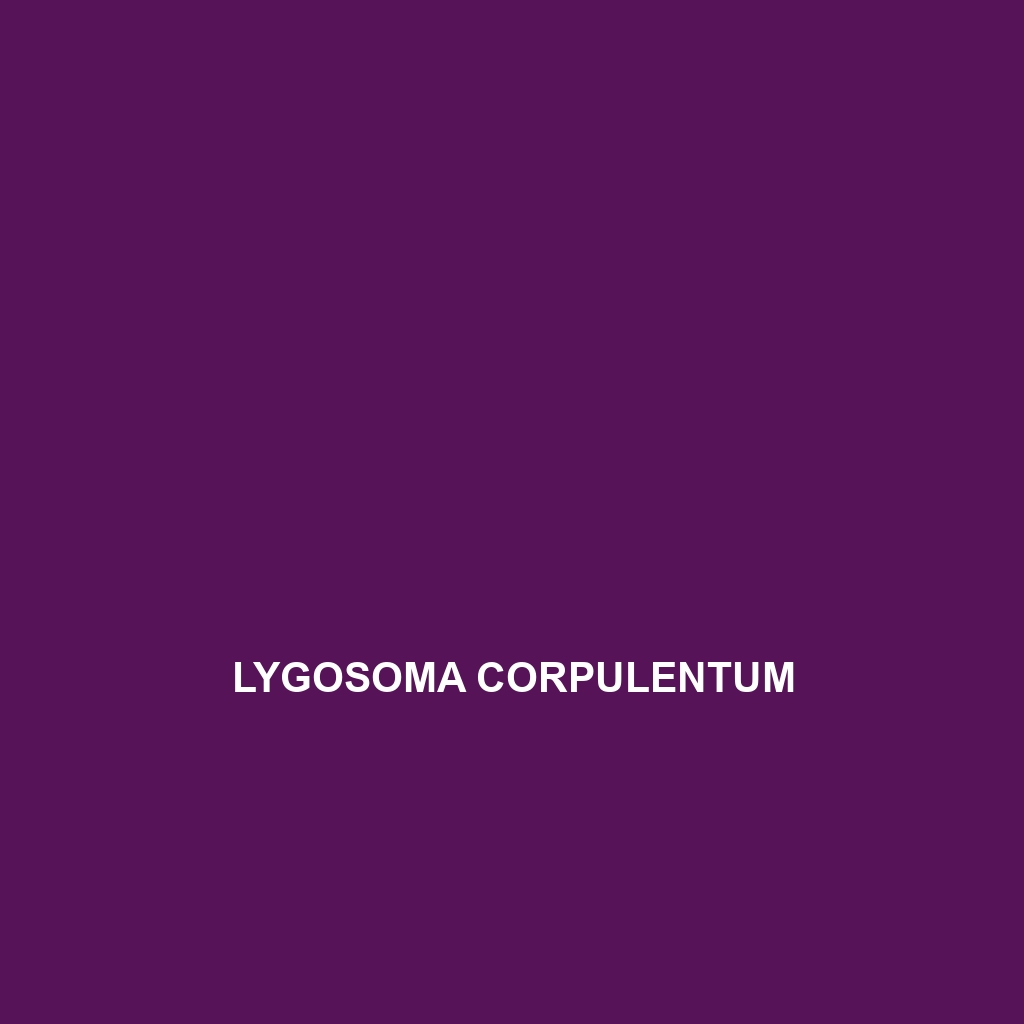-
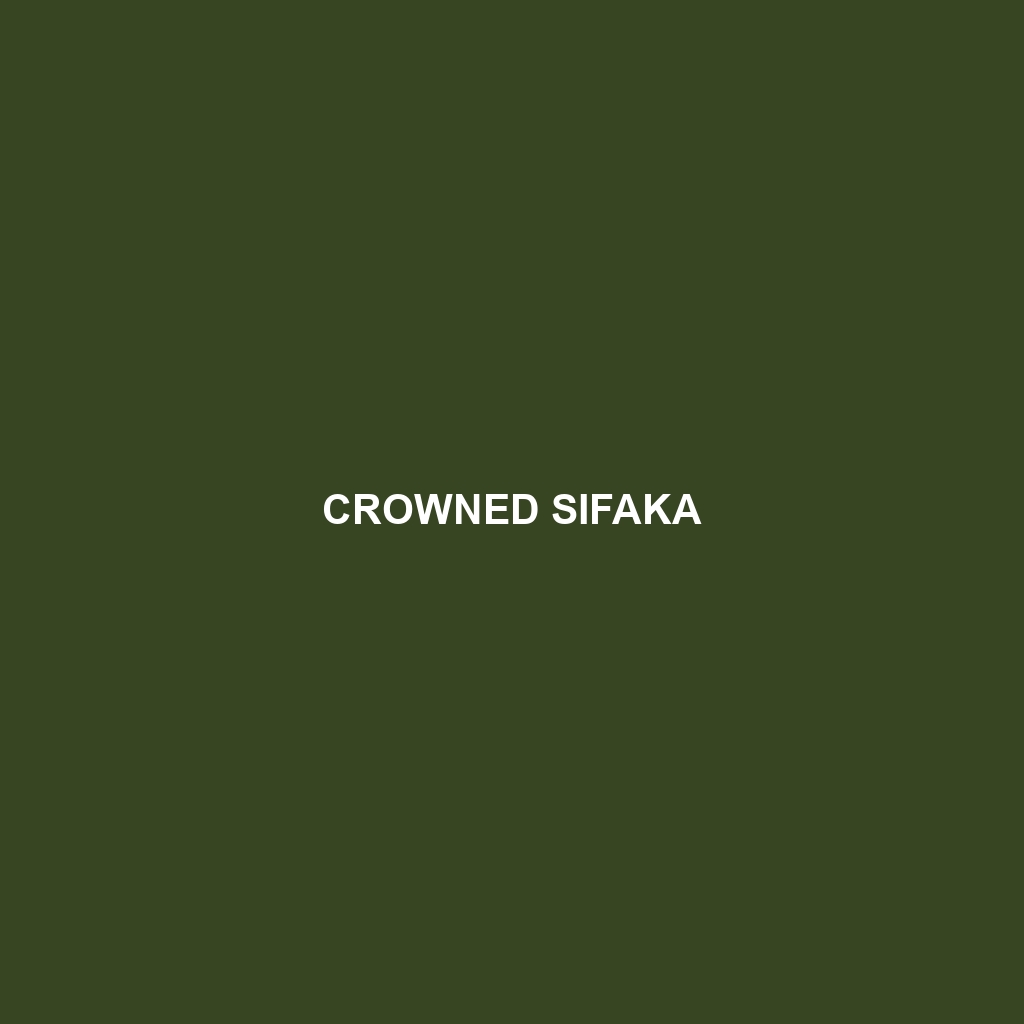
Crowned Sifaka
Discover the captivating Crowned Sifaka, a striking lemur species endemic to Madagascar’s dry deciduous forests. With its unique upright hopping locomotion, stunning white fur, and vulnerable conservation status, this herbivorous primate is crucial to its ecosystem, playing a vital role in seed dispersal and social dynamics within its family groups. Join us as we explore…
-

Diademed Sifaka
Discover the fascinating world of the Diademed Sifaka, one of Madagascar’s most striking lemurs, renowned for its beautiful fur and impressive leaping abilities. This endangered species thrives in the lush rainforests of the island, playing a crucial role in the ecosystem as a seed disperser while facing threats from habitat destruction. Learn about its diet,…
-

Western Woolly Lemur
Discover the fascinating world of the **Western Woolly Lemur**, a unique primate native to the rainforests of Madagascar. These **endangered** creatures exhibit remarkable nocturnal behaviors and play a crucial role in their ecosystem through seed dispersal. With their striking appearance and social dynamics, the Western Woolly Lemurs offer an intriguing glimpse into the biodiversity of…
-
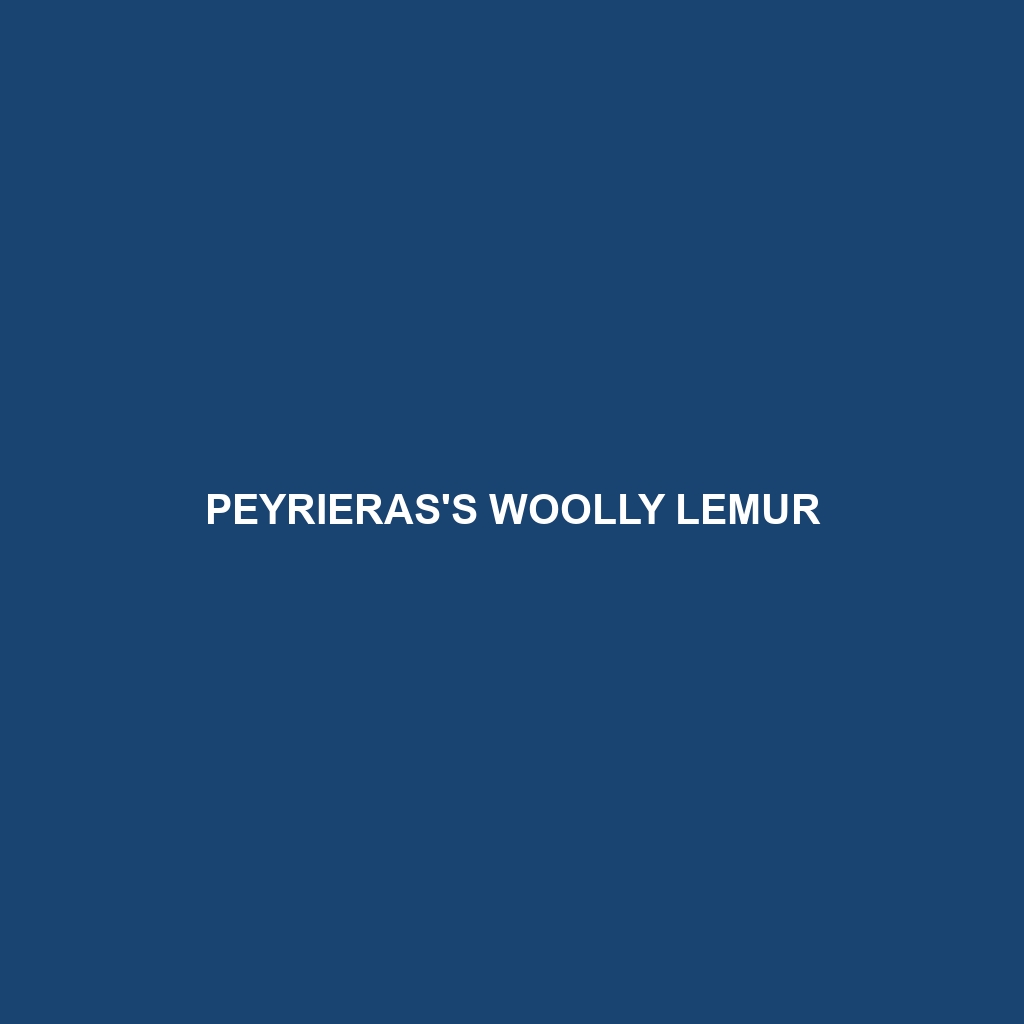
Peyrieras’s Woolly Lemur
Discover the enchanting Peyrieras’s Woolly Lemur, a fascinating and endangered species native to Madagascar’s lush rainforests. With its thick, woolly fur and remarkable nocturnal adaptations, this elusive primate plays a crucial role in its ecosystem through seed dispersal and pollination, while facing significant threats from habitat loss and hunting. Explore the unique behaviors and conservation…
-
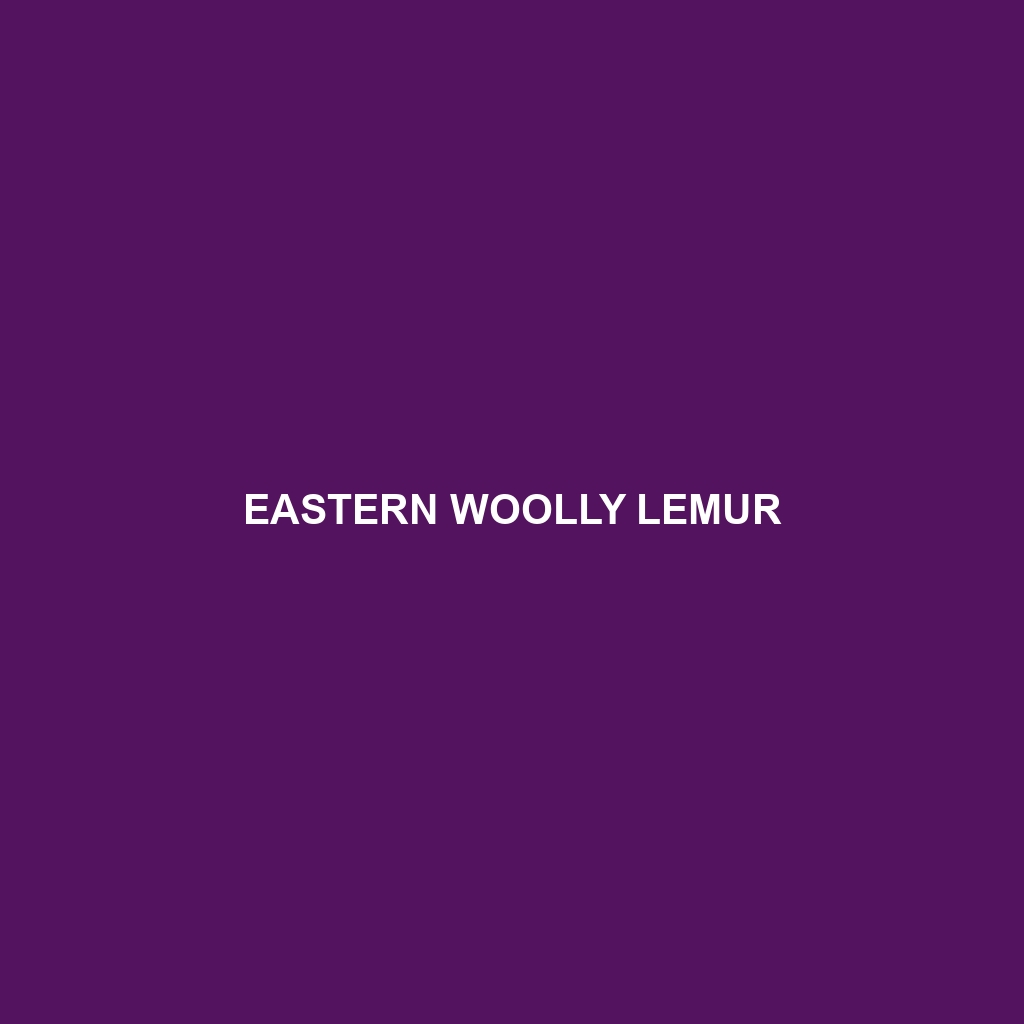
Eastern Woolly Lemur
Discover the Eastern Woolly Lemur, a remarkable nocturnal primate native to the rainforests of Madagascar. With its dense, woolly fur and striking large eyes, this endangered species thrives in diverse forest habitats while playing a vital role in ecosystem balance through seed dispersal. Learn about their unique behaviors, diet, and the pressing conservation efforts needed…
Search
Popular Posts
-
Lygosoma corpulentum
Discover the Lygosoma corpulentum, or fat skink, a robust insectivorous lizard native to Southeast Asia’s moist tropical rainforests and varying habitats. With a stocky body, impressive camouflage, and remarkable adaptability, this ovoviviparous species plays a crucial role in maintaining ecological balance.
-
Lygosoma boehmei
Lygosoma boehmei is a slender, nocturnal insectivore found in humid tropical rainforests and savannas of Southeast Asia, exhibiting a smooth, camouflaging texture and remarkable burrowing abilities. This vulnerable species plays a crucial role in its ecosystem by controlling insect populations and serving as prey for larger predators.
-
Lygosoma bampfyldei
Lygosoma bampfyldei, commonly found in tropical and subtropical regions, is a moderately sized lizard measuring 15 to 25 cm, known for its elongated body and glossy, camouflage coloration. This insectivorous species thrives in moist habitats and plays a vital role in maintaining ecological balance by controlling insect populations.
Categories
Tags
animal adaptations (924) animal behavior (5000) animal reproduction (865) behavior (920) biodiversity (7853) conservation (1670) conservation efforts (1778) conservation status (5748) diet (2104) ecological balance (2087) ecological role (1952) ecosystem (1469) ecosystem role (2901) endangered species (2514) habitat (3280) habitat conservation (1136) Habitat Destruction (1421) habitat loss (3385) herpetology (870) insectivorous reptiles (948) IUCN Red List (1971) lizard behavior (881) lizard diet (944) lizard reproduction (1101) nocturnal animals (2754) nocturnal behavior (2592) nocturnal reptiles (1061) physical characteristics (2058) predator-prey relationships (927) reproduction (2890) reptile behavior (1037) reptile conservation (1348) reptile reproduction (1069) rodent species (1325) seed dispersal (2145) Seed Disperser (979) small mammals (1168) snake behavior (952) snake diet (1061) snake reproduction (1129) tropical forests (948) Vulnerable Species (4926) wildlife (2511) wildlife conservation (5355) wildlife protection (1008)




